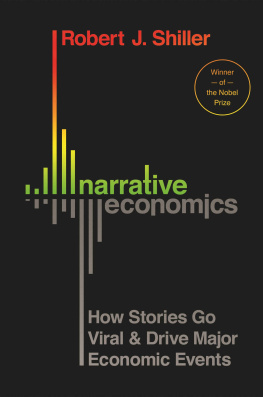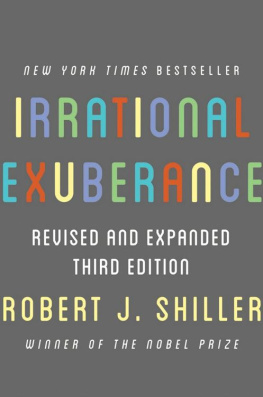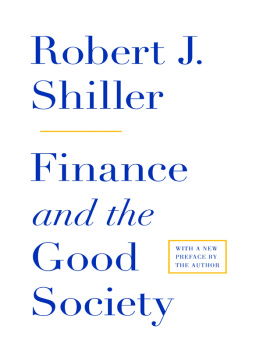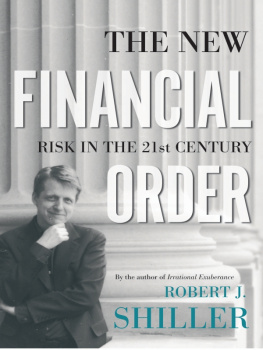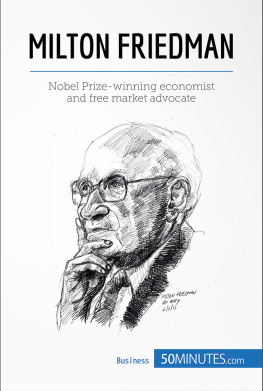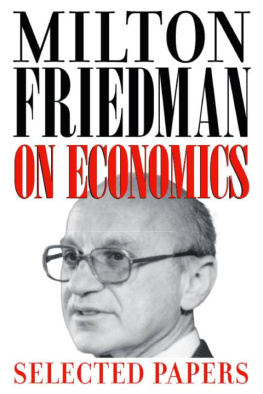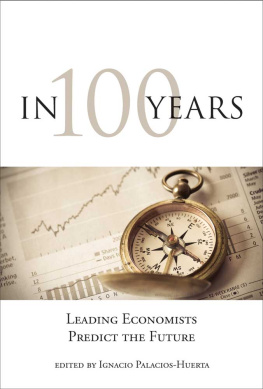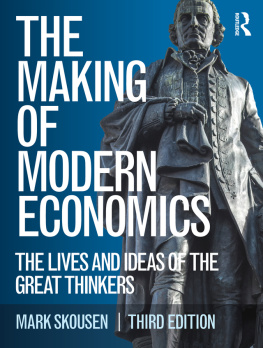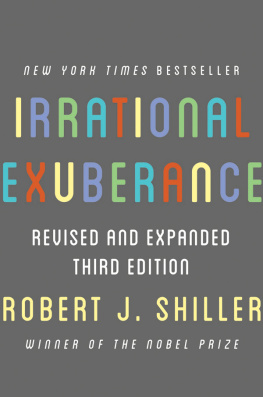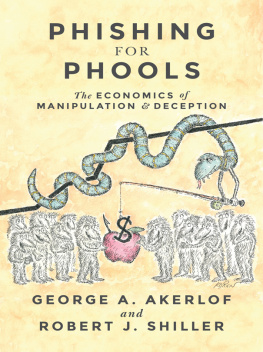Robert J. Shiller - Narrative Economics: How Stories Go Viral and Drive Major Economic Events
Here you can read online Robert J. Shiller - Narrative Economics: How Stories Go Viral and Drive Major Economic Events full text of the book (entire story) in english for free. Download pdf and epub, get meaning, cover and reviews about this ebook. year: 2019, publisher: Princeton University Press, genre: Science. Description of the work, (preface) as well as reviews are available. Best literature library LitArk.com created for fans of good reading and offers a wide selection of genres:
Romance novel
Science fiction
Adventure
Detective
Science
History
Home and family
Prose
Art
Politics
Computer
Non-fiction
Religion
Business
Children
Humor
Choose a favorite category and find really read worthwhile books. Enjoy immersion in the world of imagination, feel the emotions of the characters or learn something new for yourself, make an fascinating discovery.
- Book:Narrative Economics: How Stories Go Viral and Drive Major Economic Events
- Author:
- Publisher:Princeton University Press
- Genre:
- Year:2019
- Rating:4 / 5
- Favourites:Add to favourites
- Your mark:
Narrative Economics: How Stories Go Viral and Drive Major Economic Events: summary, description and annotation
We offer to read an annotation, description, summary or preface (depends on what the author of the book "Narrative Economics: How Stories Go Viral and Drive Major Economic Events" wrote himself). If you haven't found the necessary information about the book — write in the comments, we will try to find it.
In a world in which internet troll farms attempt to influence foreign elections, can we afford to ignore the power of viral stories to affect economies? In this groundbreaking book, Nobel Prize-winning economist andNew York Timesbestselling author Robert Shiller offers a new way to think about the economy and economic change. Using a rich array of historical examples and data, Shiller argues that studying popular stories that affect individual and collective economic behavior--what he calls narrative economics--has the potential to vastly improve our ability to predict, prepare for, and lessen the damage of financial crises, recessions, depressions, and other major economic events.
Spread through the public in the form of popular stories, ideas can go viral and move markets--whether its the belief that tech stocks can only go up, that housing prices never fall, or that some firms are too big to fail. Whether true or false, stories like these--transmitted by word of mouth, by the news media, and increasingly by social media--drive the economy by driving our decisions about how and where to invest, how much to spend and save, and more. But despite the obvious importance of such stories, most economists have paid little attention to them.Narrative Economicssets out to change that by laying the foundation for a way of understanding how stories help propel economic events that have had led to war, mass unemployment, and increased inequality.
The stories people tell--about economic confidence or panic, housing booms, the American dream, or Bitcoin--affect economic outcomes.Narrative Economicsexplains how we can begin to take these stories seriously. It may be Robert Shillers most important book to date.
Robert J. Shiller: author's other books
Who wrote Narrative Economics: How Stories Go Viral and Drive Major Economic Events? Find out the surname, the name of the author of the book and a list of all author's works by series.

